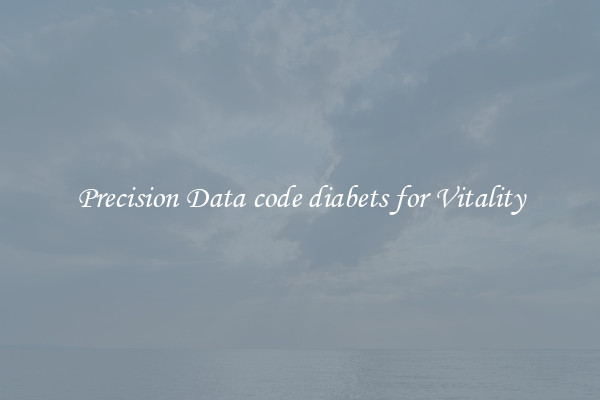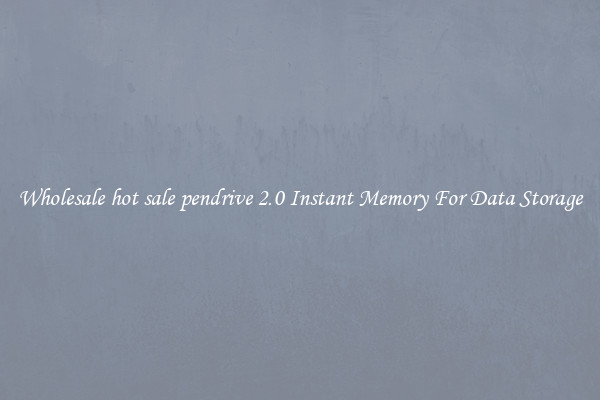Precision Data code diabets for Vitality
Precision data coding for diabetes is quickly becoming a crucial tool in managing this chronic condition. With the rise of technology and big data, healthcare providers are now able to analyze individual patient data with greater accuracy and precision. This enables them to tailor treatment plans specifically to each patient's needs, resulting in better outcomes and quality of life for those living with diabetes.

One of the key benefits of precision data coding for diabetes is the ability to track and monitor glucose levels more effectively. By using continuous glucose monitoring devices and other wearable technology, healthcare providers can gather real-time data on how a patient's body is responding to various treatments and lifestyle changes. This allows for adjustments to be made quickly and accurately, ultimately leading to better blood sugar control and reduced risk of complications.
Additionally, precision data coding can help identify trends and patterns in a patient's glucose levels that may not be easily noticeable through traditional methods. By analyzing this data, healthcare providers can better predict and prevent episodes of hypoglycemia or hyperglycemia, ultimately leading to fewer emergency room visits and hospitalizations.
Moreover, precision data coding can also help healthcare providers better understand how certain medications and lifestyle choices impact a patient's overall health. By tracking and analyzing this data over time, providers can make more informed decisions about which treatments are most effective and tailor their approach accordingly.
Furthermore, precision data coding can also enable patients to take a more active role in managing their diabetes. By providing them with access to their own data and personalized treatment plans, patients can better understand their condition and make more informed decisions about their health.
In conclusion, precision data coding for diabetes is a valuable tool in improving patient outcomes and quality of life. By using advanced technology and data analysis techniques, healthcare providers can better tailor treatment plans to individual patients, leading to better blood sugar control, reduced complications, and improved overall health. As this technology continues to evolve, the future looks promising for those living with diabetes.

View details

View details

View details

View details








